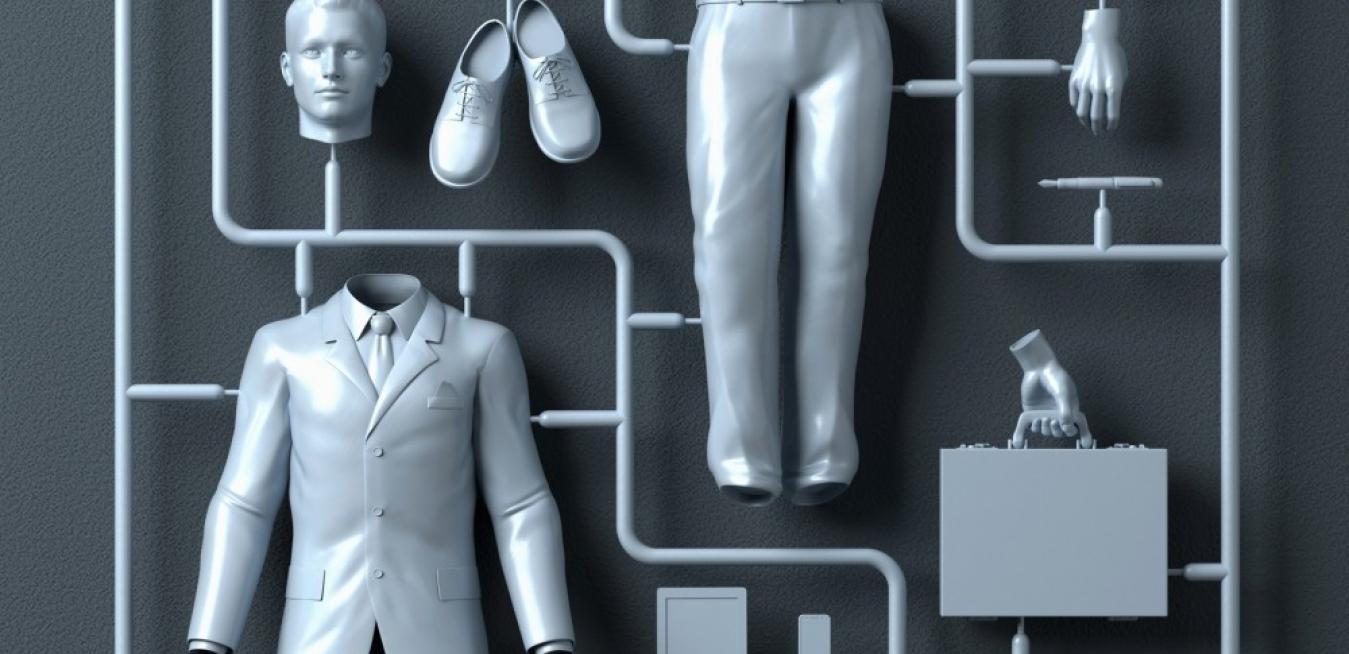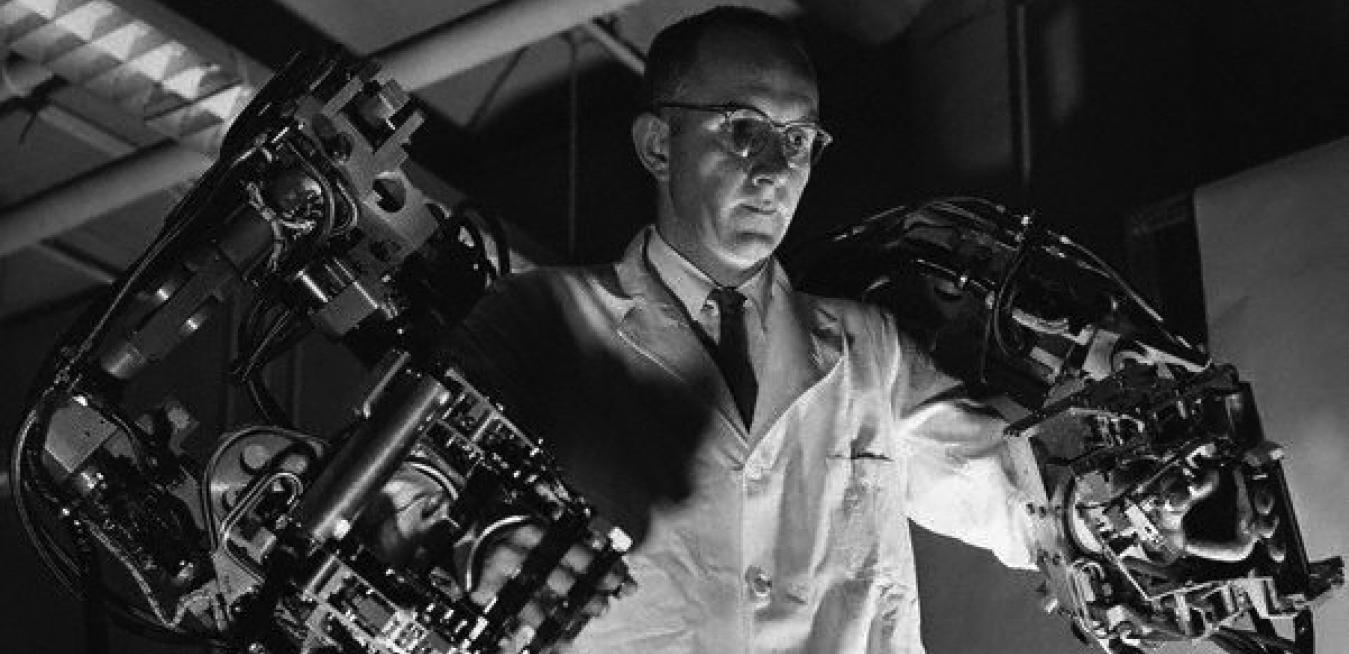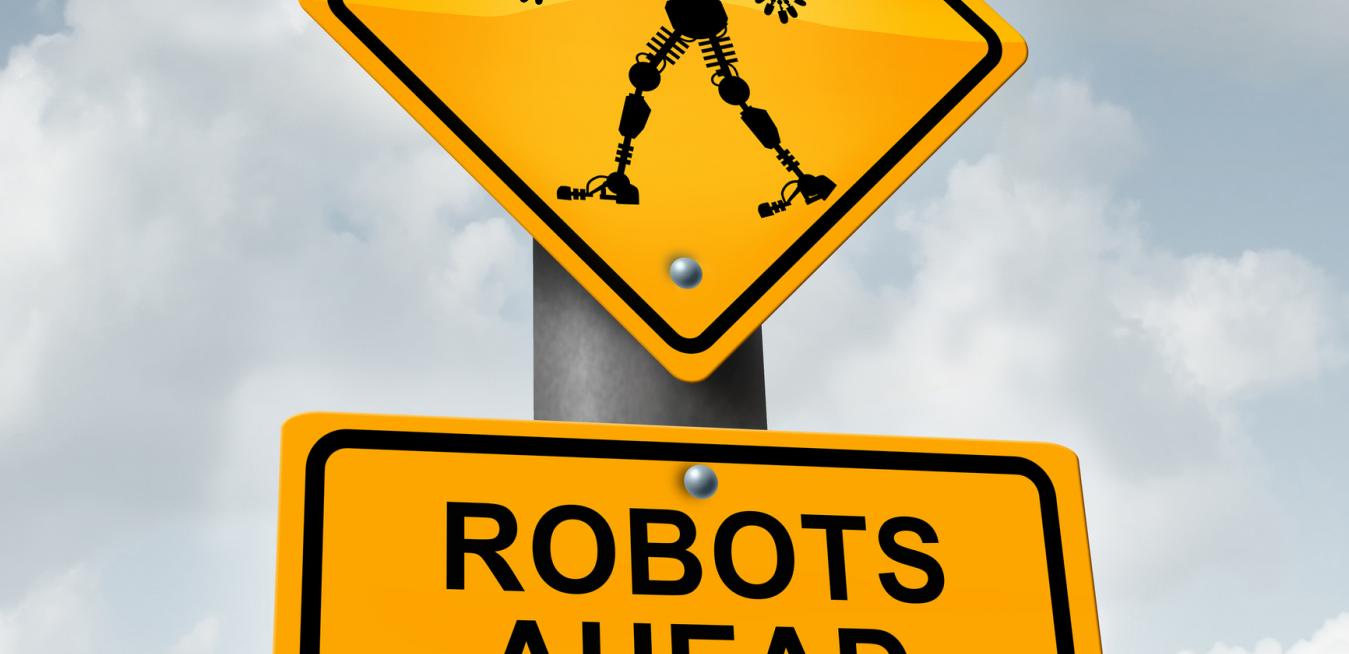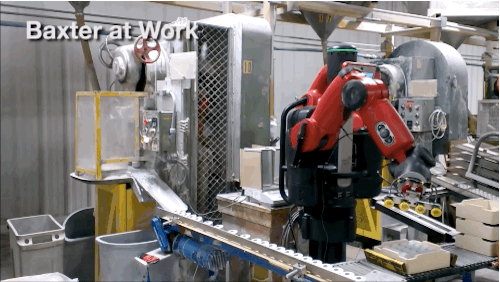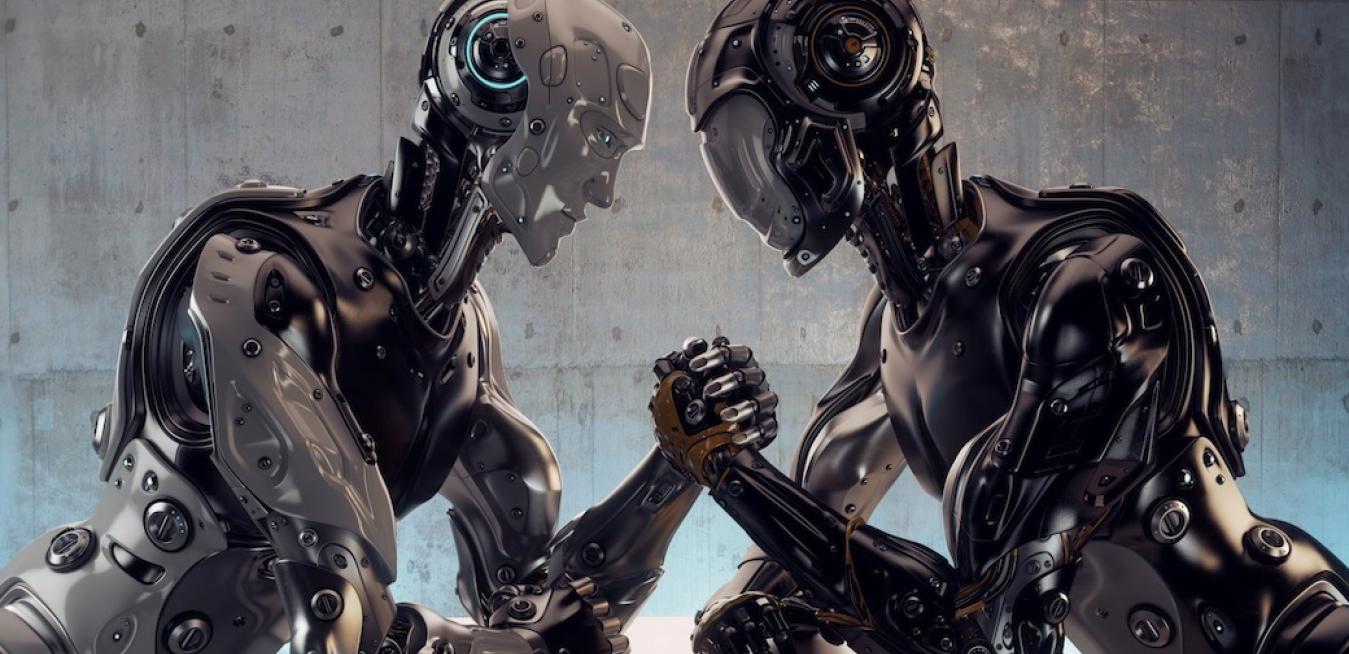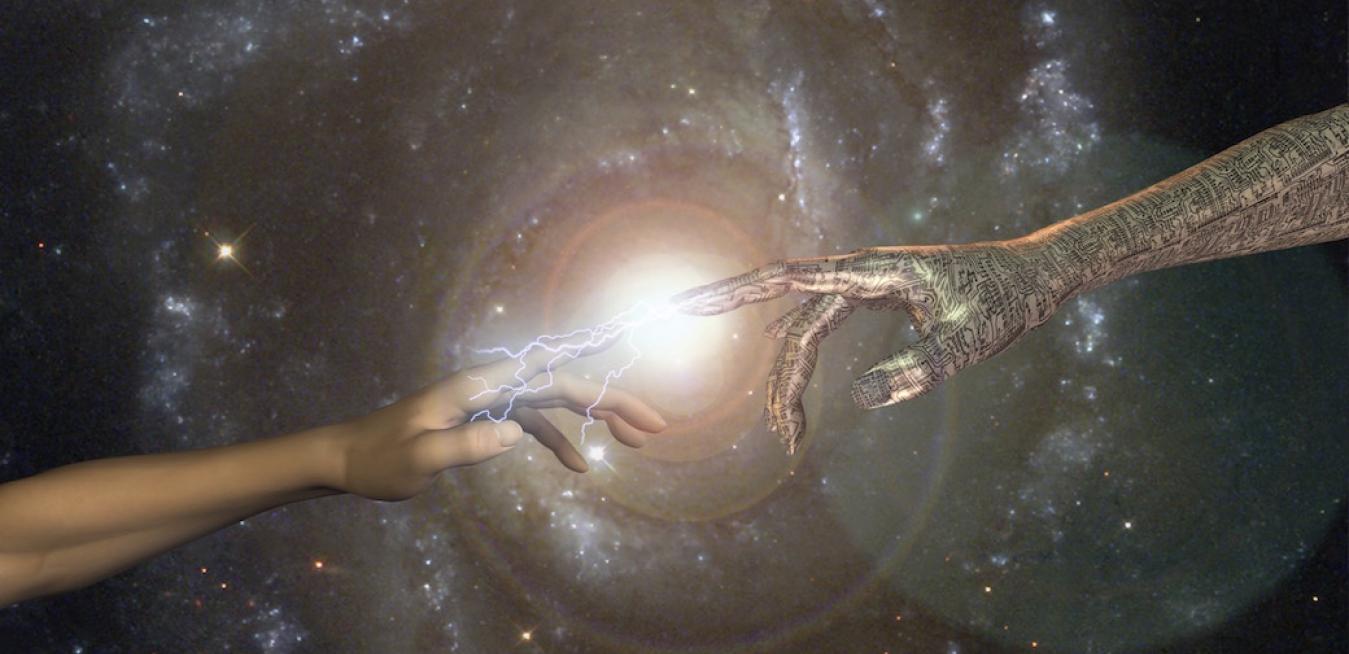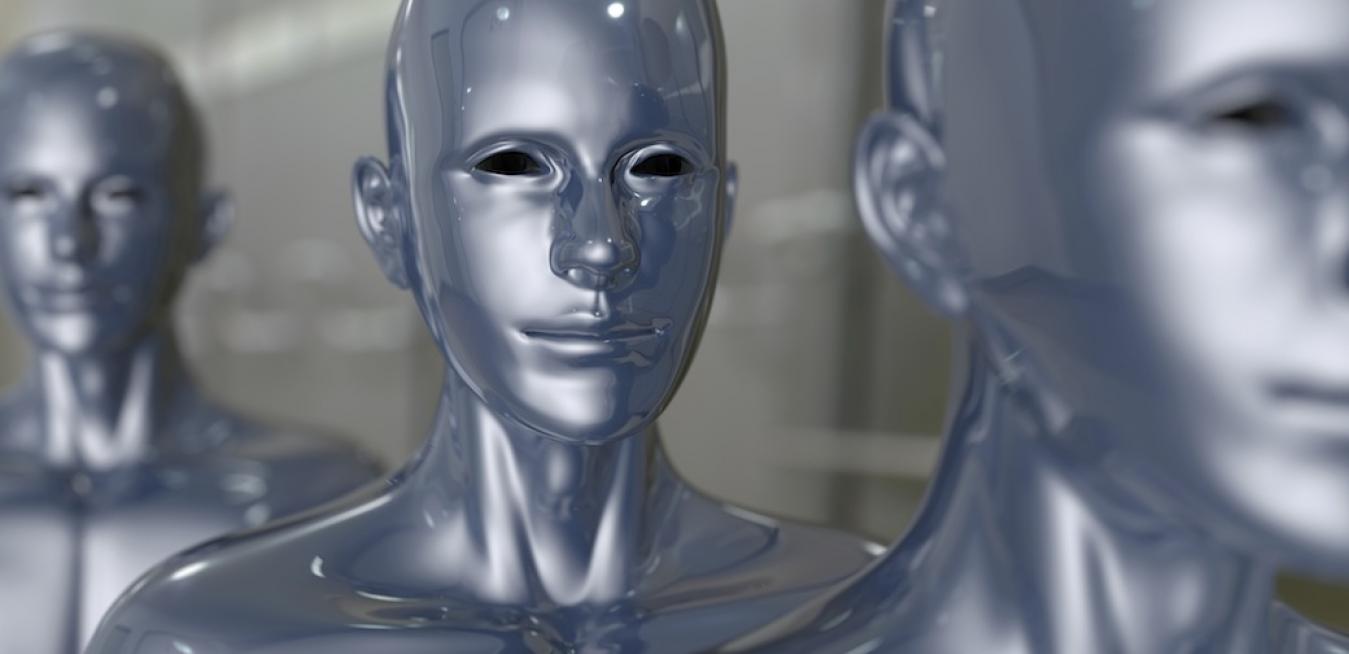According to a recent survey, most people aren’t worried about the effect of automation and artificial intelligence on their jobs. If the world is becoming increasingly automated, what are the skills most needed? The British government hopes businesses can address unemployment and the skills gap by creating 3 million apprenticeships by 2020. But who will lead the way?
Will self-driving trucks, trains or ships make it to the mass market before autonomous cars? Automation can improve the efficiency of the freight and transportation industries, which will be good news for a range of global businesses.
Companies are diligently testing driverless vehicles to bring to the mass market. While some lawmakers and members of the public have questions about the technology, Bernard Meyerson, chief innovation officer of IBM Corporation, argues autonomous cars will significantly decrease the human cost of driving.
Artificial Intelligence has the potential to improve the quality of life of customers, employers and employees. But first, companies -- big and small -- need to make AI work for them for the long haul.
Artificial Intelligence will make society smarter, leaner and more efficient. But first, startups and businesses must enable the workforce of the future and pivot business models to incorporate AI.
This Ingestible Origami Robot Can Remotely Operate On Patients
[embed width="800"]https://www.youtube.com/watch?v=3Waj08gk7v8[/embed]
We must consider the key moral and policy questions around artificial intelligence and cyborg technologies to ensure our innovations don’t destroy us.
How much do we really know about the impact of scientific breakthroughs — on technology or on society? Not enough, says Marcelo Gleiser, the Appleton Professor of Natural Philosophy and a professor of physics and astronomy at Dartmouth College.
Technology will enable people to “upgrade” to god-like cyborgs in a century or two. That could be a good thing, as long as the technology is serving us — not the other way around.
Is technology enabling us to become ever-more god-like? And would that be a good thing?
As artificial intelligence (AI) and embedded technologies empower people to become “more than human,” future advances could become as much of an ethical question as a technological one.
Unless we have clear evidence that artificially intelligent beings we create pose no threat, we need to seriously consider the risk.
Will a Democrat or a Republican win the 2040 U.S. election? Will Google be remembered positively or negatively in 2090? Will humans create new universes by 3002?
